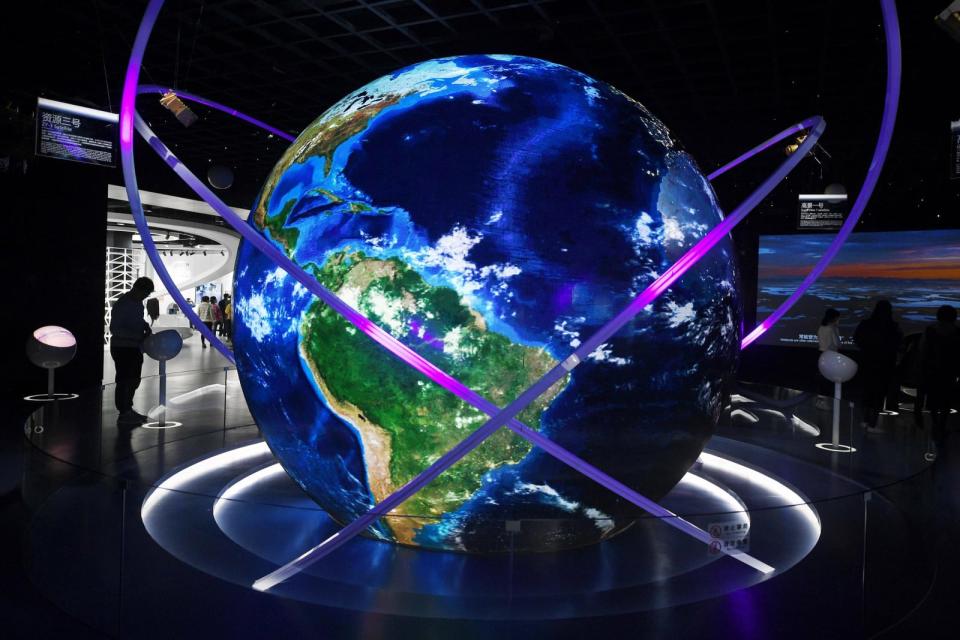US limits AI exports over fears it will fall into Chinese hands
Companies will need a license to send certain software abroad.
The US government's concerns about Chinese involvement in tech are leading to significant restrictions on AI. The Commerce Department is instituting a rule on January 6th that will require companies to obtain a license if they want to export certain AI-powered geospatial imagery software to other countries besides Canada. Not surprisingly, officials are worried that the technology (which helps drones and satellites identify objects) might fall into the hands of China and other political challengers.
The rule is the first one to be nailed down as part of a larger requirement for tighter exports on sensitive technology to countries with a less-than-friendly attitude toward the US. It's meant to both prevent these nations from easily copying American technology (and thus negating economic advantages) or identifying security weaknesses.
While this limits the reach of AI that could be useful for genuinely helpful purposes, such as identifying the effects of climate change or urban sprawl, it might also be a relief to an industry worried about harsher restrictions. After all, the US blacklisted Huawei over its fears of Chinese surveillance. It wouldn't have been a stretch for the government to outright ban key AI exports.

